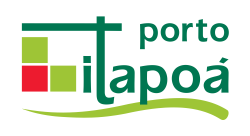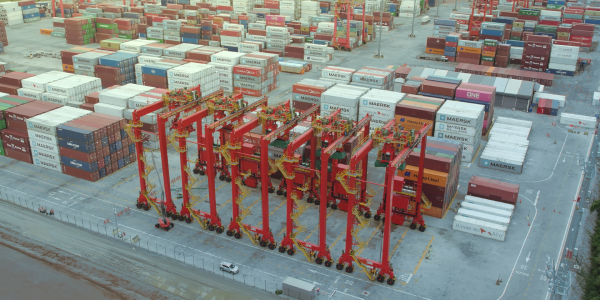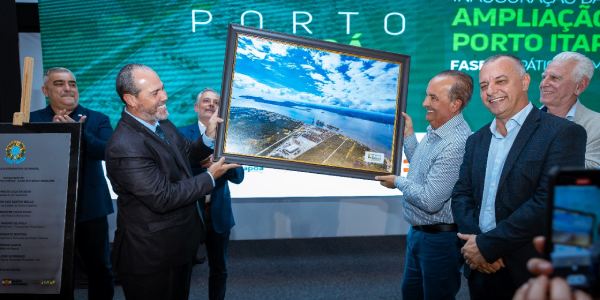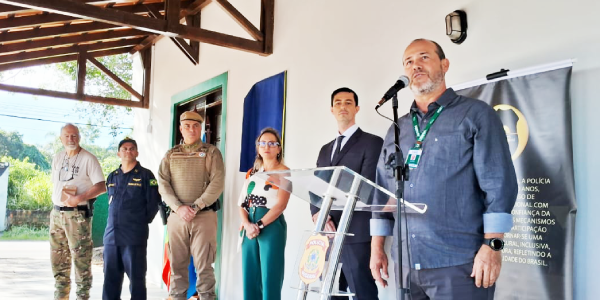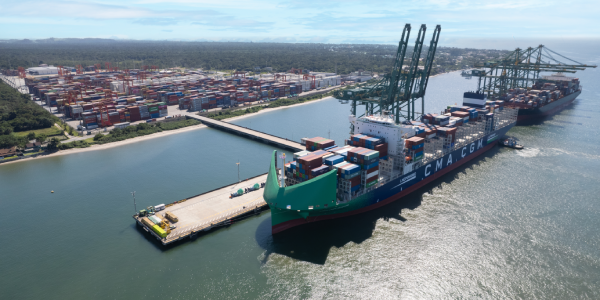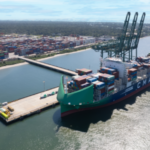
Porto Itapoá receives ship with 51 meters of width
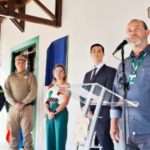
PF inaugurates GEPOM operational unit at Porto Itapoá
Porto Itapoá receives international certification for renewable energy use
The I-Rec certification certified the Terminal for having 100% of its electrical consumption coming from renewable sources in 2023
Porto Itapoá received the international certification I-Rec (Renewable Energy Certificate) in April, attesting that 100% of the electrical energy used by the Terminal in 2023 came from renewable sources. In total, over 46 thousand MWh were used last year.
Porto Itapoá’s president, Cássio Schreiner, explains that the goal is to neutralize carbon emissions for the so-called Scope 2. “This is a term used by the international productive sector to designate emissions related to the consumption of electricity acquired from an external supplier,” he details.
In 2023, Porto Itapoá changed its energy procurement policy in the national system, opting to consume, in the new contracts, only energy from renewable sources. The transaction is certified by I-REC.
Carbon Neutralization
Porto Itapoá launched in 2023 the Carbon Neutralization Project – in partnership with the Ambipar Group – to offset carbon emissions from customers. With this, it will be the first port in Brazil to enable the inclusion of carbon credits in its operations.
The project effectively begins in 2024 and will allow Terminal customers to purchase carbon credits to offset the emissions of their transactions.
Gold seal
The port achieved for the second time, in the year 2023, the gold seal of the GHG Protocol, a program implemented in Brazil by the Center for Sustainability Studies of Fundação Getúlio Vargas (FGVces) in partnership with the Ministry of the Environment. In addition, it invested over R$ 25 million in new autonomous RTGs – it will be the first terminal in South America to operate them – which consume up to three times less fuel than conventional ones.
Pilot project
Porto Itapoá is also developing a project for solar energy capture, with panels already installed for the specific study of solar light incidence in Itapoá. “The data we have available today concerns the macro-region where we are located, so we need to better understand the particularities of this energy source in our municipality,” highlights the Terminal’s president.
“These data will serve as a basis for future projects, not only for Porto Itapoá, but for all entrepreneurs in the city,” concludes Schreiner.
